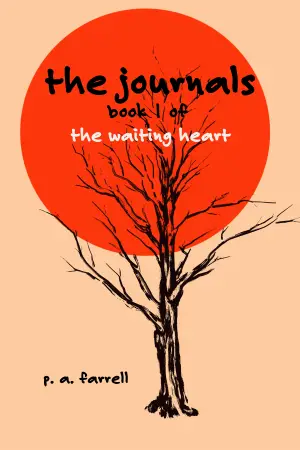A Poignant Quest for Connection: A Review of "Love Forms" by Sunny Adam
There’s something uniquely captivating about a story that explores the depths of a mother’s love, especially when intertwined with the complexities of identity and familial bonds. Sunny Adam’s "Love Forms," set for release on July 29, 2025, instantly resonated with me, not just because of its rich Caribbean backdrop, but also due to its exploration of love in various forms—an idea that spoke to my own experiences and reflections on motherhood.
At the heart of "Love Forms" is Dawn Bishop, a woman whose life is steeped in both privilege and pain. The initially glamorous façade of being the youngest child in a prominent Trinidadian fruit juice dynasty quickly dissolves as we witness her tumultuous teenage years. Adam skillfully juxtaposes Dawn’s youthful trauma—culminating in an unplanned pregnancy and the harrowing secrecy of being sent away to a home for unwed mothers in Venezuela—with her current life at 58. Here lies an intriguing narrative device where time is not linear but rather a haunting echo. Dawn’s past spills into her present through vivid memories triggered by everyday moments, such as the shine of a gold necklace—an emblem of the daughter she gave up.
Adam’s prose is tender yet unflinching, managing to delve into painful subjects without resorting to sensationalism. Unlike other authors who tackle similar themes with heavy-handedness, Adam brings a lyrical quality that captivated me from start to finish. Her ability to weave in cultural reflections—how Trinidadian life is interlaced with Venezuelan history—adds a layer of richness that enhances the reading experience. Moments of dramatic tension are deftly rendered, yet they unfold at a pace that encourages emotional introspection rather than merely seeking shock value.
Reading "Love Forms" brought me to a state of quiet reflection. I was particularly struck by Dawn’s inability to find closure regarding her daughter, brought forth by layers of shame and a distant relationship with her family. Adam resonated profoundly with me in depicting themes of loss and the questions that linger in the aftermath of choices made in youth. As Dawn navigates adult life—marriage, divorce, and motherhood—her unresolved feelings create a poignant undercurrent. Notably, Adam writes, “Love is not always about possession; sometimes, it is a quiet ache of absence,” a line that encapsulated my own understanding of love’s multifaceted nature.
This book is not merely a tale of personal struggle; it’s an exploration of the journeys taken by women across different cultures and eras, a testament to resilience amidst isolation. If you appreciate slow-burn narratives rich in emotion and character depth, "Love Forms" will undoubtedly strike a chord.
Ultimately, Sunny Adam affirms her voice with "Love Forms," proving that her debut wasn’t a mere flash in the pan. This moving portrait of a mother’s enduring connection to the child she gave up showcases an authentic exploration of love, identity, and the profound impact of our pasts on our present lives. I wholeheartedly recommend this novel to anyone who revels in literary family dramas and seeks a deeper understanding of love’s many forms.
Happy reading! And if you’d like to explore more of my reviews, you can find me on Goodreads, my blog, or your favorite bookseller sites.






